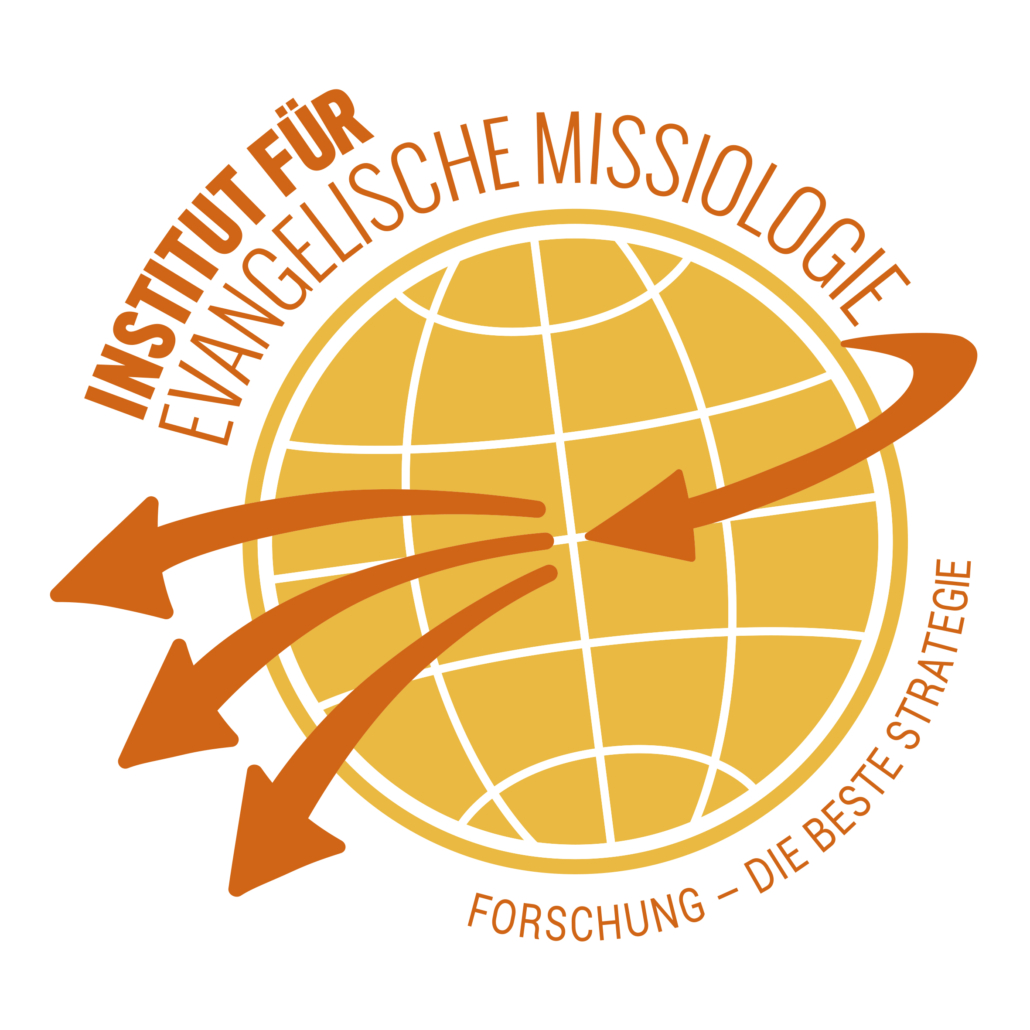
A service of :
Research Foundation
Culture and Religion
Rathenaustraße 5-7
D-35394 Gießen
The Science of Bible translation fascinates by its broad spectrum. Starting with exegesis, it goes on to translation studies, linguistics, anthropology, sociology and many other disciplines. With social media, digitalization and the discovery of new target groups, such as sign languages or simple language, and finally the demand for perpetual revisions and reworks, this discipline is granted an eternal perspective.


































A service of :
Research Foundation
Culture and Religion
Rathenaustraße 5-7
D-35394 Gießen
